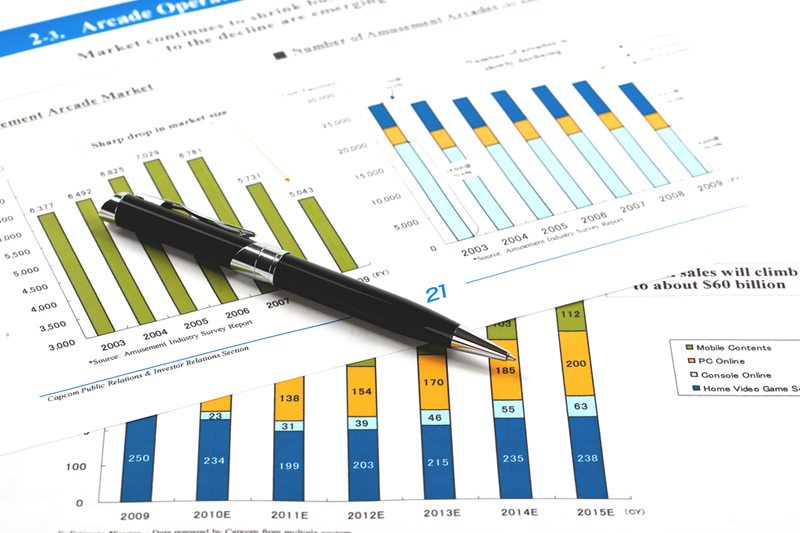By Dhara Ranasinghe and Alun John
LONDON (Reuters) – Stock markets held below last month’s record highs on Monday, while the Chinese yuan and oil prices weakened as China’s broad economic stimulus promises made over the weekend failed to inspire investors across the globe.
U.S. stock futures and European shares were a touch higher on the day, with focus turning to the third quarter earnings season and a key European Central Bank rate decision later in the week.
But for now, the focus was firmly on China where the government on Saturday pledged to “significantly increase” debt, but left investors guessing on the overall size of the stimulus, a detail needed to gauge the longevity of a stock market rally.
“We didn’t get much over the weekend, but our expectations were not for much anyway, I still think more fiscal stimulus is coming, this year and in coming years,” said Mohit Kumar, chief financial economist Europe at Jefferies.
“In the short term, say a 3 to 6 month horizon, it is a clear positive. But does it change my long term view? Probably not, there are a lot of structural issues, such as the overleveraged property sector.”
While the CSI300 blue-chip index and the gained around 2% each, shares in Hong Kong closed around 0.8% softer.
Property stocks, onshore and offshore, posted solid gains as investors bet the latest stimulus measures could aid China’s beleaguered property sector.
And the latest raft of stimulus pledges prompted analysts at Goldman Sachs to raise their real gross domestic product forecast for China this year to 4.9% from 4.7%.
But in a sign of the mixed response from investors, China’s yuan weakened.
The slipped almost 0.2% to 7.0798 per U.S. dollar, while its offshore counterpart fell 0.25% to 7.0873 per dollar.
In addition, oil prices wiped out nearly all the gains made last week after data showed China’s inflation rate declined and a lack of clarity on the country’s economic stimulus plans stoked fears about fuel demand in the world’s biggest crude importer.
futures fell $1 to $78.07 per barrel, while U.S. West Texas Intermediate crude futures also fell $1, or 1.3%, to $74.56 per barrel.
LACKING MOMENTUM
All this left MSCI’s World Stock Index flat on the day, below record highs hit last month.
French government bonds showed little immediate reaction to news that credit ratings agency Fitch had revised France’s outlook to “negative” from “stable” on Friday, citing increases in fiscal policy and political risks.
“People are already negative on France, it’s some positivity that they are making an effort (on the deficit),” said Kumar.
Movement in currencies was largely subdued, with the U.S. dollar continuing to draw support from reduced bets of an outsized Federal Reserve interest rate cut next month.
Against a basket of currencies, the greenback was a touch softer at 103.02, hovering near a recent seven-week high.
Traders have priced out any chance of a 50-basis-point rate cut from the Fed in November after data last week showed consumer prices rose slightly more than expected in September and recent economic releases have also underscored strength in the labour market.
Sterling was steady around $1.3066 while the euro eased just 0.08% to $1.0927, with focus on a likely ECB rate cut on Thursday.
Konstantin Veit, a portfolio manager at PIMCO, said he expected a quarter point rate cut to 3.25%.
“While the ECB has previously been guiding towards the next rate cut in December, a weaker macroeconomic picture has likely strengthened the Governing Council’s confidence enough to deviate from the quarterly rate cut trajectory and make its first move outside a staff projection meeting,” he said.
Read the full article here


